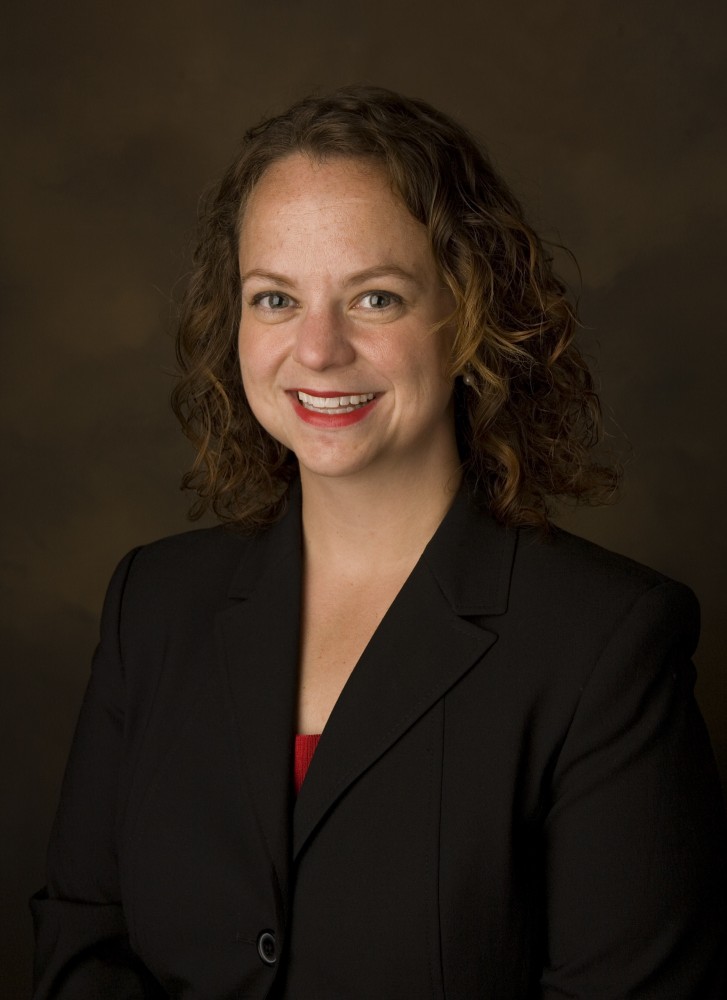Can Facebook save Democracy?

Jun 9, 2011
There has been quite a bit of speculation over the past few years about the potential for Facebook, and social media more generally, to reignite the flames of democratic passion. Following decades of declining political participation, President Barack Obama’s active presence online during the 2008 campaign seemed to grow voter interest in politics and inspire young citizens to the polls. The following year, young people in Iran relied on Facebook to organize nationwide pro-democracy demonstrations. And most recently, political commentary has attributed the revolutionary power of Facebook with providing the foundation of networking crucial to sustaining the Arab spring.
Each of these examples highlights the power of Facebook to help us connect and organize political action.
But democracy needs more than activity. A robust democracy requires on-going deliberation between informed and critically engaged citizens. We need access to ideas about political issues and we need the communication skills to put those ideas to the test in conversations with others. Despite the recent surge in democratic sentiment around the globe, this type of deliberative debate continues to wither in the United States, especially among young adults.
During the 2010 election I interviewed young Americans about politics. Most of them avoid “political talk” for two primary reasons – first, because conversations about politics seem to quickly devolve into ideological wars waged with slander and hostility and second, because young people don’t feel they “know enough” to have a political opinion. These findings hold true even on college campuses (where civic engagement is praised) because far too often discussions about political issues and controversial topics are left out of the classroom. Our fears of political deliberation are similar to our widespread anxiety about speaking in public.
We need to think about political talk as a form of communicative action. Just like with public speaking, it is something that we can get better at. To cultivate a culture of deliberation will require political learning, practice, and persistence. If we are proactive about it, Facebook can help us accomplish those goals.
First, we need to actively build, maintain, and engage a diverse network of friends.
Facebook makes it easy to avoid reading notes and status updates from our friends on the other side of the political aisle. As one student recently shared during class, “I just hide my friends who say things I don’t like.” We need to resist this urge to engage in selective exposure and instead fill our friend network with people who can expose us to a variety of perspectives and introduce us to new and unexpected sources of information. This is one way Facebook can contribute to the type of political learning that is necessary to create an informed citizenry.
Second, we need to engage in Facebook conversations.
When a friend posts a status update that seems “rather political” we should consider it an opportunity to engage in political talk. In doing so, we need to remember that because we don’t practice this type of talk very often it may be awkward, uncomfortable, and scary. But political talk doesn’t have to be attacks. Instead, ask questions; offer your own observations; post relevant links from your areas of interest. You are not obligated to agree, only to persistently engage. A healthy civic culture requires citizens who can talk with one another about political issues and one way Facebook can contribute to this type of culture is by carving out a practice space for our deliberation.
It is unlikely that technology alone can revive democratic practice in America. But by revisioning the way we use our Facebook pages we can put technology to work in the spirit of democracy.
Danielle Leek, PhD























